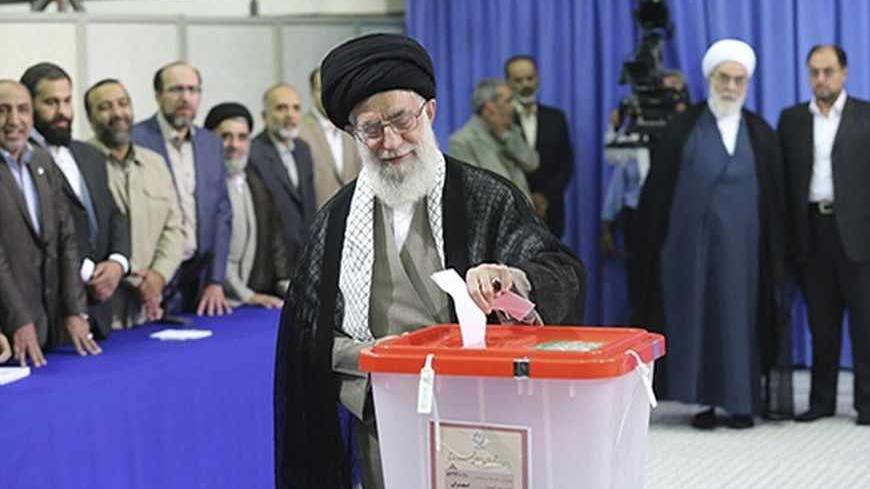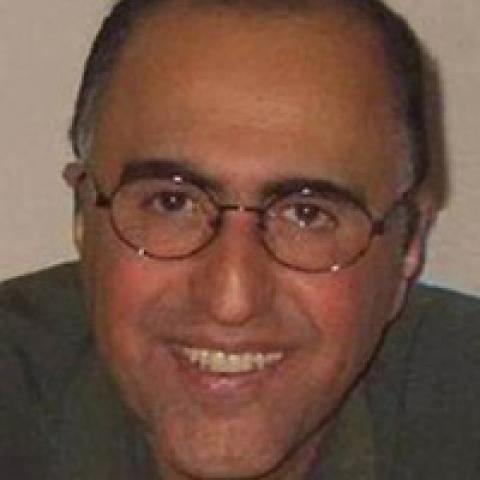In January 1998, a few months after his election, Iran’s reformist President Mohammad Khatami held his historical interview with CNN's Christiane Amanpour. During the interview, he criticized the nascent theory of “clash of civilizations” and instead proposed a "dialogue between civilizations.” He asserted that differences between the Islamic world and the West are not born from inherent antagonism between the two civilizations, but rather that the differences emanate from lack of communication and understanding.
In practice, he was loyal to his theory. During Khatami’s eight-year presidential term, he adopted reconciliatory policies toward the West that included concessions on Iran’s nuclear program. Of the same ideological persuasion, his secretary of Supreme National Security Council (SNSC), Hassan Rouhani, was the architect of a proposal to voluntarily suspend Iran’s uranium enrichment program in an effort to build confidence with the West, then represented by the EU3 (Britain, France and Germany).



